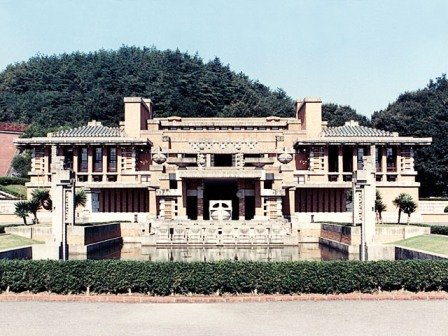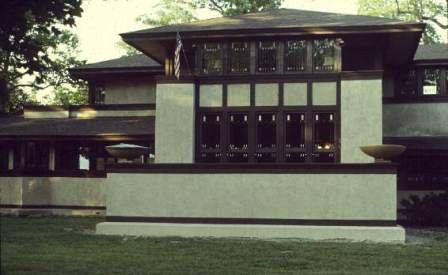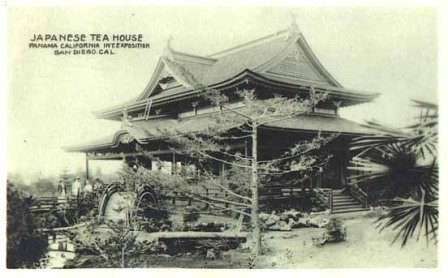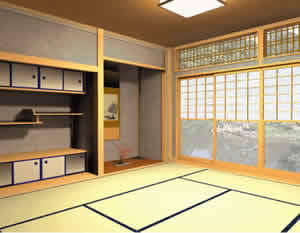The problem is that except for real estate gains... I do not see that much advantage.... I worked in NY, living in a company apartment for awhile. It was a 750 sq. ft. place that would go for about $750K back then... plus you would have to pay the maintenance fees, property taxes etc. etc.. They were trying to get me to transfer, but the cost of living per the HR groups was only 20% higher than Houston. Well, I can tell you that half thier increase would have gone to state and city taxes... and the cost of living is a LOT more than 20% without taxes!!!
I would guess that living in NY would cost 50% more than it does in Houston, and that is downsizing your living space by at least half...
So, I still say that it is an opportunity cost to live there... expecially in you are already FIREd... you could move to a much cheaper place and then have more income with the proceeds of your sale..





